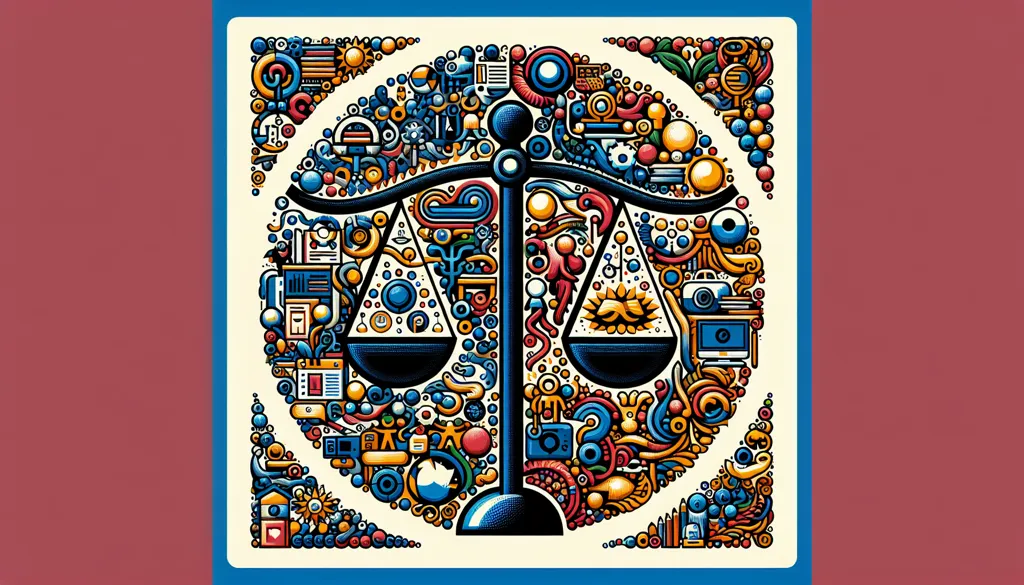Meta's Decision to Dismantle Its Fact-Checking Program: A Balanced Perspective
In a significant shift, Meta, the parent company of Facebook and Instagram, has announced the discontinuation of its third-party fact-checking program. This decision has sparked a heated debate among users, experts, and political figures alike. As someone who spends a fair amount of time on social media, both professionally and personally, this change has left me pondering its broader implications.
Understanding Meta's Rationale
Meta's CEO, Mark Zuckerberg, has defended this move by suggesting that the fact-checking process introduced political bias and censorship. He believes that allowing users to add notes to posts will foster a more open discourse. The decision aligns with a broader shift towards promoting free speech, a stance that has found favor with conservative voices, including former President Donald Trump.
The Trade-Offs of Free Speech
While the intention to reduce censorship is commendable, it's crucial to acknowledge the potential downsides. Opening the floodgates to free speech without adequate checks can lead to a surge in misinformation and harmful content. Critics argue that this decision could exacerbate the spread of falsehoods, which has already been a significant issue on social media platforms.
Reactions from Various Stakeholders
The response to Meta's decision has been polarized. Conservative allies have praised the move as a victory for free speech, while others, including misinformation researchers, have expressed grave concerns. Nicole Gill from Accountable Tech warned that this could lead to a resurgence of hate and conspiracy theories, reminiscent of the events surrounding January 6th.
The Role of Fact-Checkers
Fact-checking organizations have vehemently refuted claims of bias. They emphasize that their role is not to censor but to provide context and clarity. Clara Jiménez Cruz of Maldita.es argues that fact-checkers adhere to strict ethical guidelines to ensure accuracy and transparency. Without their input, the line between truth and falsehood becomes increasingly blurred.
The Oversight Board: A Toothless Tiger?
Meta's Oversight Board, established to review content moderation decisions, has been criticized for its limited power and slow pace. While theoretically independent, its recommendations are not binding, raising questions about its efficacy in tackling misinformation. Critics argue that without stronger enforcement capabilities, the board remains largely symbolic.
Exploring Citizen Fact-Checking
In the absence of professional fact-checking, some have turned to citizen journalism as a potential solution. While empowering individuals to verify information is a democratic approach, it also risks amplifying existing biases. As a mother raising children in the digital age, I worry about the impact of these biases on young minds learning to navigate online spaces.
Potential Consequences and Alternatives
The long-term effects of Meta's decision remain uncertain. Will it lead to a more informed public, or will it further polarize society? To combat misinformation effectively, a multi-faceted approach is necessary. This includes media literacy education, improved transparency from platforms, and collaborative efforts between tech companies and independent organizations.
Personal Reflections
Living in Kansas, where community values and neighborly trust hold significant weight, I can't help but feel that this decision might undermine those very principles. Social media often acts as a digital extension of our communities, and ensuring its integrity is vital. As a content writer and a mother, I see the importance of fostering environments where truth prevails over falsehood.
Conclusion
Meta's decision to end its fact-checking program is a controversial one, with implications that reach far beyond the digital realm. It's a stark reminder of the delicate balance between safeguarding free speech and protecting the public from misinformation. As we navigate this evolving landscape, it's crucial to remain vigilant and engaged, advocating for solutions that prioritize truth, transparency, and trust.

